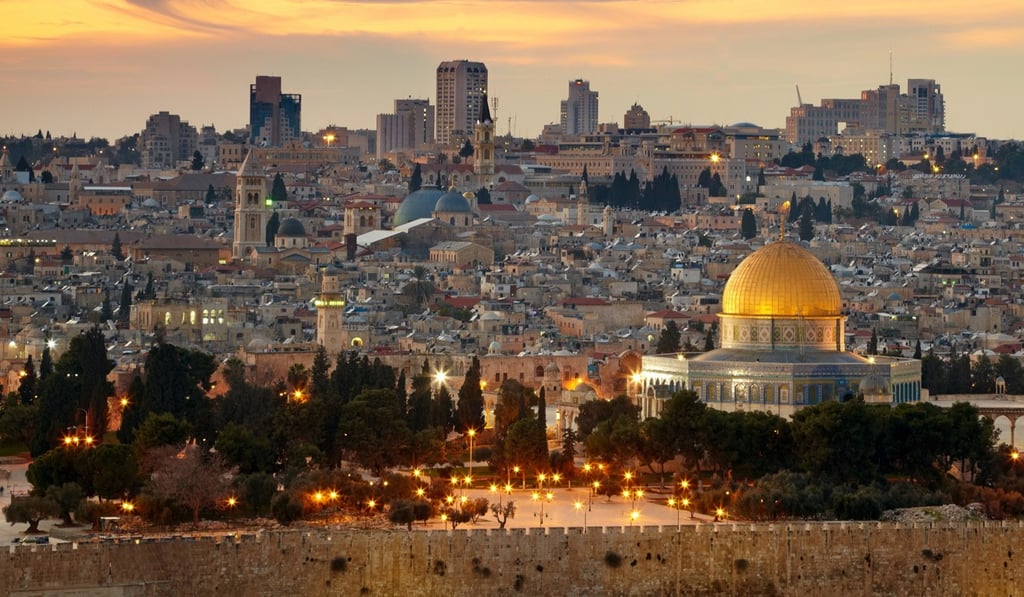Malaysia’s KL Summit is ‘first step’ to solving Muslim world’s problems: Mahathir Mohamad
- Turkey’s Erdogan, Qatar’s Sheikh Tamim, and Pakistan’s Imran Khan are among the leaders expected at the KL Summit next month
- The expulsion of Muslims from their homelands and the categorisation of Islam as the ‘religion of terrorism’ will be on the agenda

Dignitaries attending the KL Summit would include Turkish President Recep Tayyip Erdogan, the Qatari Emir Sheikh Tamim bin Hamad al-Thani, and Pakistani Prime Minister Imran Khan, Mahathir said.
The Malaysian Economic Affairs Minister Azmin Ali and Pakistan’s Foreign Minister Shah Mehmood Qureshi will also take part in the summit, to be held from December 18 to 21, according to a draft programme seen by This Week in Asia.
The role of politics in development, food security, preserving national identity, and redistributing wealth are among the topics to be discussed.
Mahathir, 94, a firebrand champion of closer solidarity among the global ummah – or Muslim community – said the summit would be a meeting of minds that had the “same perception of Islam and the problems faced by the Muslims”.
